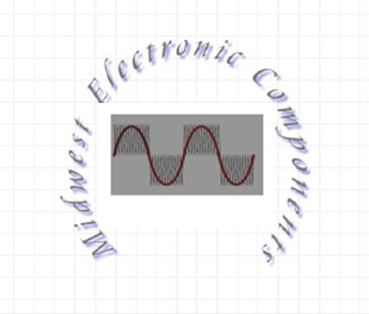GRAPES Research
One of the primary concerns in power grid robustness, safety, and efficiency is that the mathematical and physical structure of the power grid is evolving from a paradigm of “a few controls on systems governed by the laws of physics” to “many independent controls on systems being governed by independent digital controls.”
Our ability to predict and control the behavior of the system will rapidly erode without greater standardization of the control mechanisms embedded in power electronics. We currently have a narrow window of opportunity to redefine the power grid to improve its robustness. This is a focus of our research and is precisely where university research and industrial partnering will pay huge dividends.
Focus Areas
GRAPES research concentrates on design, development, evaluation, control, and standardization of grid-connected power electronic equipment, on both the supply and the load side of power systems. Relevant research areas include:
- Power systems, especially off-grid systems such as in transportation systems (ships, planes, trains, automobiles)
- Power electronics devices, characterization, and modeling
- Simulation methods and environments for multidisciplinary dynamic systems
Approach
GRAPES researchers approach their research using a Materials to the Grid approach. Faculty and student researchers work in five general areas:
- Distributed Energy Resource Management
- Demand-Side Resource Management
- Power Flow Control
- Protection and Management
- Power Devices and Modules
Projects
Since the center was founded in 2009, researchers have completed more than 60 research projects in the areas listed above.
Currently, researchers are working on a variety of projects ranging from Power Electronic Packaging, to device-level projects, all the way up to grid system-level work.
To read more about our completed or current work, please visit our GRAPES Projects.



















